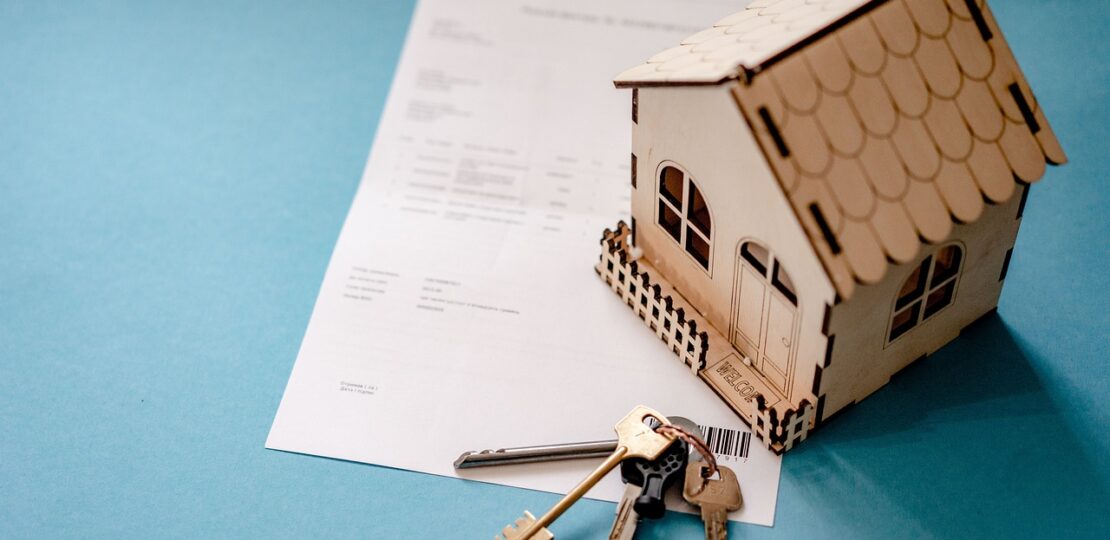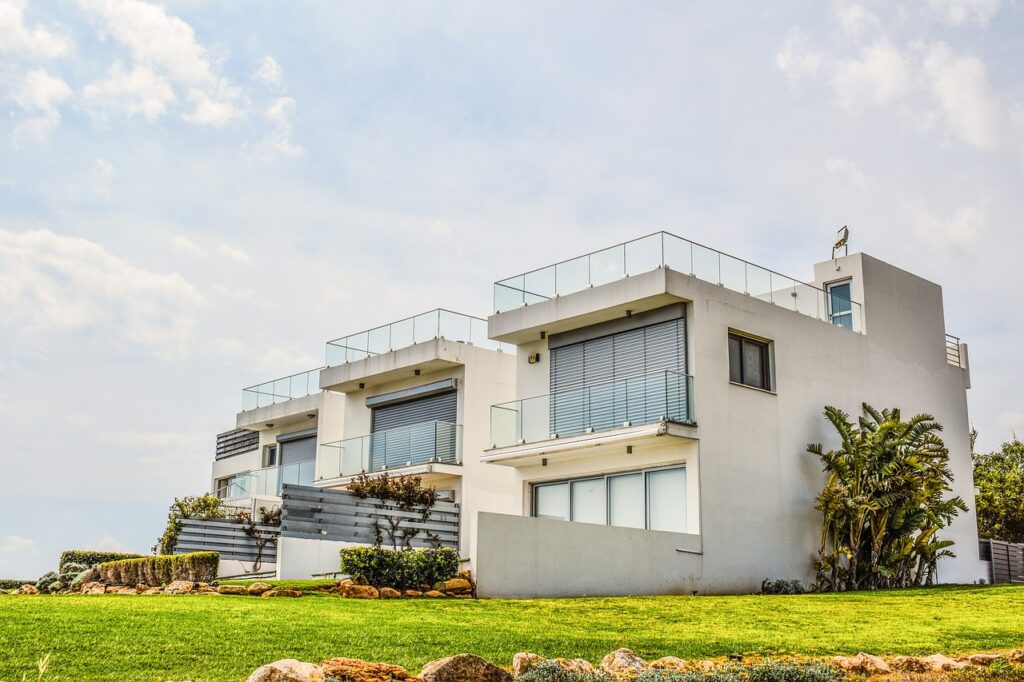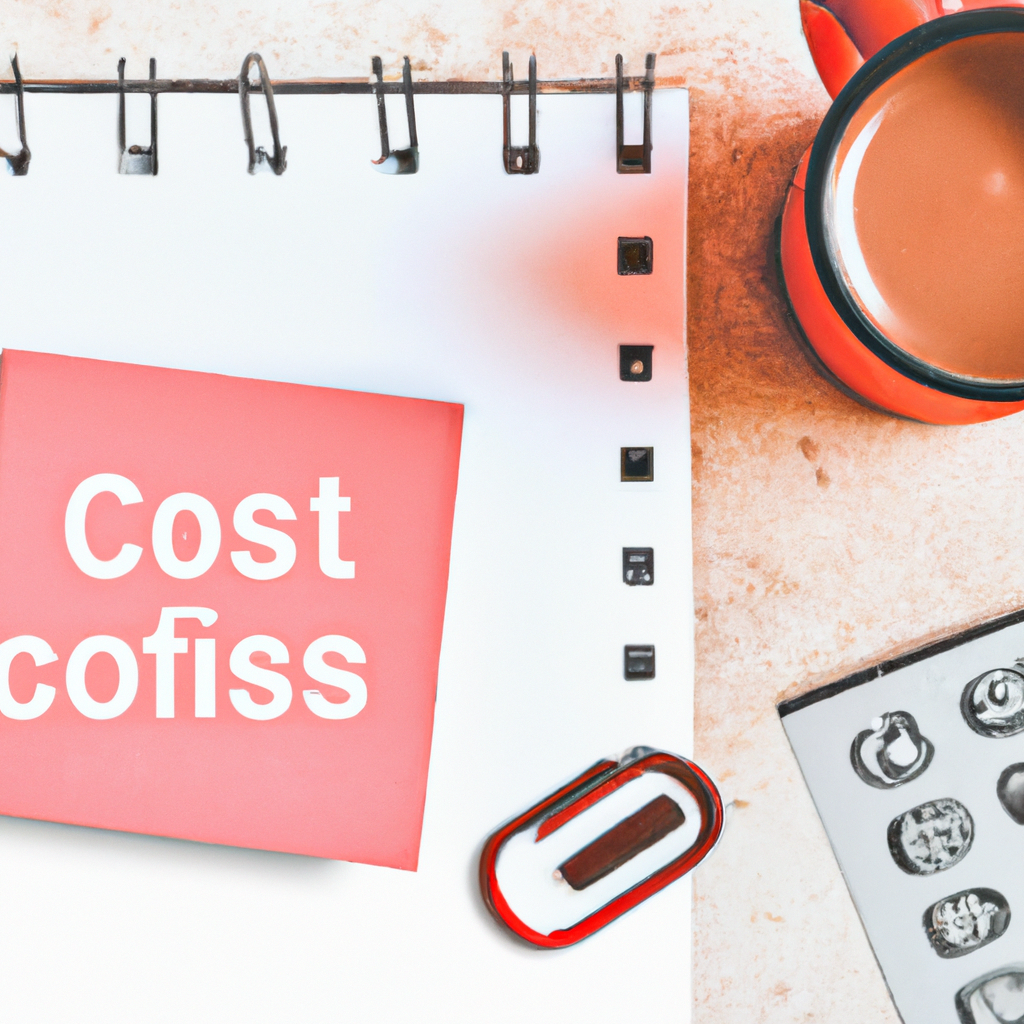What Are The Costs Associated With Owning And Maintaining Investment Properties?
October 14, 2023 | by Catherine Jones

If you’re considering investing in properties, it’s essential to understand the costs associated with owning and maintaining investment properties. From initial purchase costs to ongoing expenses, such as repairs and property management fees, there are various financial obligations to consider. This article aims to provide a comprehensive overview of the different costs involved in owning and maintaining investment properties, ensuring you have a clear understanding of the financial commitment required for successful property investment. So let’s dive in and unravel the intricacies of investment property expenses.

Property Purchase Costs
Down Payment
When purchasing an investment property, one of the first costs you will encounter is the down payment. This refers to the initial payment you make towards the purchase price of the property. The amount of the down payment can vary depending on factors such as the type of property, your creditworthiness, and the lender’s requirements. Generally, a down payment of 20% of the property’s purchase price is recommended to avoid additional costs such as private mortgage insurance.
Closing Costs
In addition to the down payment, you will also need to consider the closing costs associated with buying an investment property. These costs typically include fees such as loan origination fees, title insurance, appraisal fees, and attorney fees. It is important to budget for these expenses as they can add up to a significant amount. It’s a good idea to obtain a detailed estimate of the closing costs from your mortgage lender or real estate agent to help you plan accordingly.
Property Inspection Fees
Before finalizing the purchase of an investment property, it is crucial to have it inspected by a professional to identify any potential issues or structural problems. Property inspection fees cover the cost of hiring a qualified inspector to thoroughly examine the property and provide a detailed report. While the fees for property inspection can vary depending on the size and complexity of the property, it is a small price to pay considering the potential problems and expenses that may arise if issues are left unidentified.
Appraisal Fees
An appraisal is typically required by lenders to assess the value of the investment property. The appraisal fee covers the cost of hiring a licensed appraiser who will conduct a thorough analysis of the property’s value based on market trends, comparable sales, and the property’s condition. The appraisal report plays a crucial role in determining the loan amount you may be eligible for. It is important to budget for the appraisal fees as they are typically paid upfront at the time of the appraisal.
Ongoing Property Expenses
Mortgage Payments
Once you have purchased an investment property, one of the most significant ongoing expenses is the mortgage payment. This payment includes the principal amount borrowed, interest, and, if applicable, any mortgage insurance premiums. It is important to factor in the monthly mortgage payment when determining the profitability of your investment property.
Property Insurance
To protect your investment property against potential hazards such as fire, natural disasters, or liability claims, it is essential to have adequate property insurance in place. Property insurance premiums can vary based on factors such as the property’s location, age, and value. It is important to carefully review different insurance policies and shop around for the best rates to ensure you are adequately covered without overpaying for insurance.
Property Taxes
As an investment property owner, you will be responsible for paying property taxes to the relevant authorities. The amount of property taxes you owe will depend on the assessed value of the property and the tax rates set by the local government. Property taxes can vary significantly from one location to another, so it is important to research the tax rates in the area where your investment property is located.
Homeowners Association (HOA) Fees
If your investment property is part of a homeowners association, you will need to budget for HOA fees. These fees cover the shared expenses related to the maintenance and management of the community or building where your property is located. HOA fees can vary depending on factors such as the amenities offered, the size of the property, and the level of services provided by the homeowners association.
Maintenance and Repairs
Regular Maintenance
Proper maintenance is crucial for preserving the value and attractiveness of your investment property. Regular maintenance tasks may include cleaning common areas, landscaping, HVAC system servicing, and regular inspections. It is important to budget for these routine maintenance tasks to prevent minor issues from turning into costly repairs.
Repair Costs
Even with regular maintenance, repairs may still be necessary from time to time. Whether it’s a leaky faucet, a broken appliance, or a major structural issue, repair costs can vary greatly depending on the nature and severity of the problem. It is important to have funds set aside for unexpected repairs to ensure that your investment property remains in good condition and attractive to potential tenants.
Upgrades and Improvements
In order to attract high-quality tenants and potentially increase the rental income of your investment property, it may be necessary to invest in upgrades and improvements. These can range from cosmetic upgrades such as painting and flooring to more substantial renovations like kitchen remodels or adding additional amenities. The costs of upgrades and improvements can vary significantly depending on the scope of the project, but they should be seen as an investment in the long-term profitability of your property.
Property Management Fees
Management Fees
If you prefer to have professional assistance in managing your investment property, you may opt to hire a property management company. Property management fees typically range from 4% to 12% of the monthly rental income. These fees cover services such as finding and screening tenants, collecting rent, handling maintenance requests, and dealing with any issues that may arise. While property management fees can add to your expenses, they can also alleviate the burden of day-to-day property management tasks.
Leasing Fees
When it comes to finding new tenants for your investment property, you may choose to enlist the services of a leasing agent or real estate agent. These professionals can help market your property, screen potential tenants, and assist with lease agreements. Leasing fees are typically equivalent to one month’s rent or a percentage of the annual rental income. It is important to factor in these leasing fees when calculating the overall costs associated with owning and maintaining your investment property.

Vacancy Costs
Lost Rental Income
One of the potential costs of owning an investment property is the loss of rental income during periods of vacancy. When a tenant moves out, you may experience a period where the property remains unoccupied, resulting in a loss of rental income. It is important to have a contingency plan in place and set aside funds to cover the expenses during these vacancy periods.
Advertising and Marketing Fees
To attract new tenants and minimize vacancy periods, advertising and marketing your investment property may be necessary. Whether it’s placing ads online, hiring a real estate agent, or utilizing rental listing websites, there are costs associated with promoting your property to potential tenants. It is important to budget for these advertising and marketing fees to ensure that you can attract high-quality tenants and minimize the time your property remains vacant.
Utilities and Services
Electricity
As the property owner, you are typically responsible for paying the electricity costs for common areas of multi-unit properties or for single-family rental properties. It is important to budget for this ongoing expense to ensure that the property remains well-lit and functional for tenants.
Water and Sewer
Water and sewer costs are another ongoing expense that you will need to consider as the owner of an investment property. These costs can vary depending on factors such as the number of units in the property, the water usage of tenants, and local utility rates. It is important to factor in water and sewer costs when determining the profitability of your investment property.
Trash Collection
Proper waste management is essential for maintaining the cleanliness and appeal of your investment property. Depending on the location and type of property, you may be responsible for arranging and paying for trash collection services. It is important to budget for this ongoing expense to ensure that the property remains well-maintained and attractive to tenants.
Landscaping and Lawn Maintenance
If your investment property has outdoor spaces such as a garden or lawn, you may need to budget for landscaping and lawn maintenance services. These costs can include tasks such as mowing, trimming, planting, and seasonal clean-up. Proper landscaping and lawn maintenance can enhance the curb appeal of your property and attract potential tenants.

Legal and Professional Fees
Real Estate Attorney Fees
Throughout your journey as a property investor, you may need to seek legal advice and services to navigate various aspects of property ownership. Real estate attorney fees can include tasks such as reviewing lease agreements, assisting with property acquisitions or sales, and providing guidance on landlord-tenant laws. While legal fees can vary depending on the complexity of the matter at hand, having the assistance of an experienced attorney can help protect your interests and minimize potential legal risks.
Accounting Fees
Proper accounting and financial management are essential for the successful ownership and maintenance of investment properties. You may choose to hire an accountant to handle tasks such as bookkeeping, tax preparation, and financial analysis. Accounting fees can vary depending on the services provided and the complexity of your financial situation. By enlisting the services of an accountant, you can ensure that your property finances are in order and that you are maximizing your potential tax deductions.
Insurance Fees
In addition to property insurance, there may be other insurance policies that you need to consider as an investment property owner. For example, you may need liability insurance to protect yourself from potential claims resulting from tenant injuries or property damage. It is important to review your insurance needs with a qualified insurance agent and budget for any additional insurance fees that may be required to adequately protect your investment property.
Taxes and Depreciation
Income Taxes
As an investment property owner, you will need to consider the potential income tax implications. Rental income is considered taxable income, and you will need to report it on your annual tax return. It is important to consult with a qualified tax professional or accountant to ensure that you are properly reporting your rental income and taking advantage of any available deductions or tax benefits. Depending on your personal financial situation, income taxes can significantly impact the profitability of your investment property.
Property Depreciation
In the world of real estate investing, one often-overlooked benefit is property depreciation. Depreciation allows you to deduct a portion of the property’s value each year as an expense, which can help offset your rental income and reduce your taxable income. However, it’s important to note that depreciation is a complex topic, and you should consult with a tax professional to ensure that you are properly utilizing this tax strategy within the limitations set by the IRS.

HOA Regulations and Fees
Fines and Penalties
If your investment property is part of a homeowners association (HOA), it is important to familiarize yourself with the HOA regulations and potential fines or penalties for non-compliance. HOA fines can be imposed for violations such as failure to maintain the property, noise disturbances, or breaking any of the HOA’s rules. It is important to budget for these potential fines to avoid any unexpected expenses and maintain a positive relationship with the HOA.
Special Assessments
From time to time, homeowners associations may levy special assessments on the property owners to cover unexpected expenses or fund major repairs or improvements. These special assessments are in addition to regular HOA fees and can vary in amount and timing. It is important to be aware of the possibility of special assessments and budget accordingly to avoid any financial surprises.
Risk and Insurance
Liability Insurance
Protecting yourself against potential liability claims is essential when owning an investment property. Liability insurance can help cover legal costs and damages in the event that a tenant or visitor is injured on the property or if there is property damage caused by your negligence. It is important to consult with an insurance professional to ensure that you have adequate liability coverage to protect your investment property and personal assets.
Rental Property Insurance
In addition to liability insurance, you may also want to consider rental property insurance. This type of insurance provides coverage for risks specific to rental properties, such as loss of rental income due to property damage, vandalism, or tenant-related issues. Rental property insurance can help safeguard your investment and provide financial protection in the event of unforeseen circumstances.
Loss of Rental Income Coverage
One potential risk for investment property owners is the loss of rental income due to factors such as property damage, natural disasters, or tenant defaults. Loss of rental income coverage is an insurance option that can help mitigate this risk by providing compensation for the lost rental income during a covered claim. It is important to assess the potential risks to your investment property and consider loss of rental income coverage as part of your overall risk management strategy.

RELATED POSTS
View all


